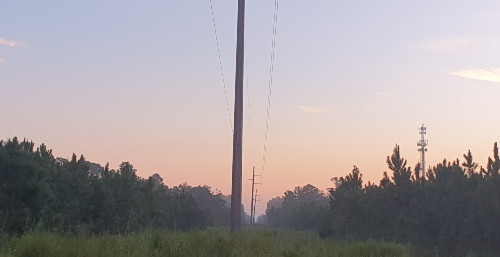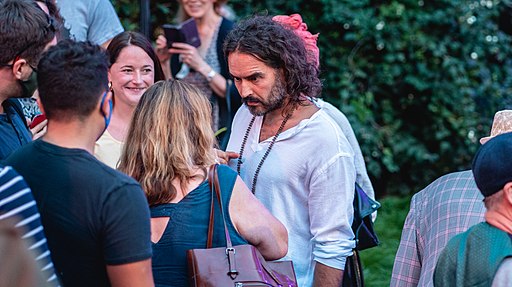
In June, Florida’s legislature passed (and governor Ron DeSantis signed) a bill transferring control of Gainesville Regional Utilities from the city’s government to the state’s. In late September, a judge rejected the city’s lawsuit to prevent the takeover.
While that sounds like a localized controversy, it offers national implications and important lessons. We’ve seen similar situations play out in other locales.
When my family moved to the Gainesville area a decade ago, friends who already lived here warned us: “Don’t rent in town, and even outside of town make sure you’re not in GRU’s coverage area.”
Households in that coverage area fork over a great deal more every month to keep their lights on than households in other Florida cities — and WAY more than households in areas served by rural electric cooperatives.
Anecdotally, a couple of years ago I compared electric bills with an acquaintance. That acquaintance was paying GRU about twice as much to electrify a small single-person household as I was paying Clay Electric (an REC) to light up a medium five-person household.
Over the years I’ve kept an eye on GRU’s arguments for its ever-increasing prices. Here’s their two-step:
First: We can stop raising rates if we just annex more customers! Economies of scale will fix the problem! The more kilowatt-hours we’re selling, the cheaper each kilowatt-hour becomes!
Then: We must raise rates again! We just annexed a bunch of new customers! New lines and new power generation facilities cost money!
Rinse, repeat.
Why can’t GRU deliver electricity at least as cheaply and efficiently to a compact urban area as Clay does to a much larger rural area where distances between customers are often measured in miles rather than meters?
Well, Clay is owned by its members/customers, while GRU is “owned” by politicians who use it as three things: A cash cow for the city, a kid’s chemistry set for experimenting with novel power generation methods (including a $1.2 billion “biomass” experiment), and an excuse to bring surrounding areas under their control.
While it’s true that rural electric cooperatives were, like municipal utilities, created by governments, not all “non-profits” are created equal. RECs answer directly to their customers. Municipal utilities answer to politicians who use them as … well, tax collectors.
But the answer to the bigger problem, I think, isn’t so much a matter of RECs versus municipal utilities versus “private” utilities, but in competition on both price and service.
Even if we concede (I don’t) that power LINES are “natural monopolies,” these days all those lines are tied together in sprawling “grids.” There’s no good reason why we shouldn’t each be able to choose our electricity provider, with providers serving particular areas splitting line maintenance costs. That’s been done in, for example, Texas.
I’d love to see us get away from “grids” and to far more localized (ideally, single-household via e.g. rooftop solar) power generation and delivery. But until we can do that, freeing hostages from utility monopolies should rank near the top of our energy priorities.
Thomas L. Knapp (Twitter: @thomaslknapp) is director and senior news analyst at the William Lloyd Garrison Center for Libertarian Advocacy Journalism (thegarrisoncenter.org). He lives and works in north central Florida.
PUBLICATION/CITATION HISTORY

